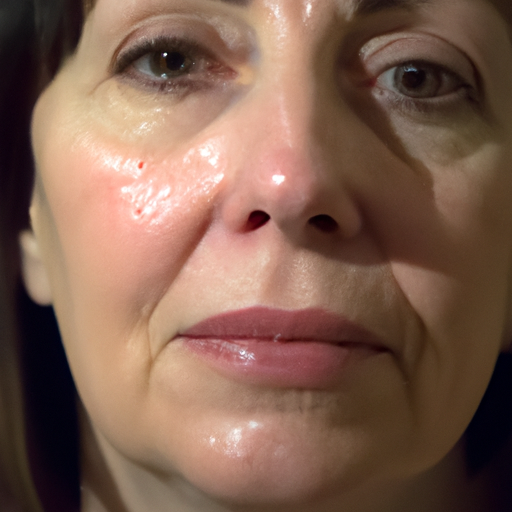As a dermatologist, I am often asked about the best ways to care for sensitive skin. This type of skin is characterized by a tendency to react with symptoms such as redness, itching, burning, or dryness when exposed to potential irritants. These irritants can range from environmental factors like sun and wind, to specific skincare products. Here, I will share some of the secrets that dermatologists use to soothe and protect sensitive skin.
Firstly, it is crucial to understand that sensitive skin is not a one-size-fits-all condition. It varies greatly from person to person and can be influenced by a variety of factors, including genetics, diet, stress levels, and even your skincare routine. Therefore, the first step in soothing sensitive skin is to identify what triggers your skin’s reactions. This can be done through a process of elimination or by seeking professional advice from a dermatologist.
Once you have identified your triggers, the next step is to avoid them as much as possible. This might mean switching to fragrance-free laundry detergents, wearing sunscreen every day, or avoiding certain foods that cause flare-ups. In some cases, it might also mean making lifestyle changes such as reducing stress or improving your diet.
Another key aspect of caring for sensitive skin is choosing the right skincare products. Many products on the market contain harsh chemicals that can irritate sensitive skin. As a dermatologist, I always recommend looking for products that are hypoallergenic, fragrance-free, and free of dyes and other potential irritants.
One of the most important products in your skincare routine should be a gentle, hydrating cleanser. This will help to remove dirt and excess oil without stripping your skin of its natural moisture. Follow this up with a moisturizer that is specifically formulated for sensitive skin. Look for ingredients like hyaluronic acid and ceramides, which help to hydrate and repair the skin’s natural barrier.
In addition to these daily skincare essentials, it’s also important to incorporate a few weekly treatments into your routine. This might include a gentle exfoliator to remove dead skin cells and promote cell turnover, or a soothing mask to calm inflammation and redness.
However, it’s important to remember that less is more when it comes to sensitive skin. Overloading your skin with too many products can actually cause more harm than good. Stick to a simple routine with a few key products and give your skin time to adjust before introducing new ones.
Lastly, don’t forget about the importance of a healthy diet and lifestyle. What you put into your body can have a huge impact on the health of your skin. Try to eat a balanced diet rich in fruits, vegetables, lean proteins, and healthy fats. Stay hydrated by drinking plenty of water, and try to get regular exercise to boost circulation and promote healthy skin.
In conclusion, soothing sensitive skin doesn’t have to be complicated. By identifying your triggers, avoiding irritants, choosing the right skincare products, and maintaining a healthy lifestyle, you can help to reduce inflammation and keep your skin looking and feeling its best. Remember, everyone’s skin is unique, so what works for one person may not work for another. Don’t be afraid to experiment and find what works best for you. And if you’re ever in doubt, don’t hesitate to seek advice from a dermatologist. We’re here to help!



